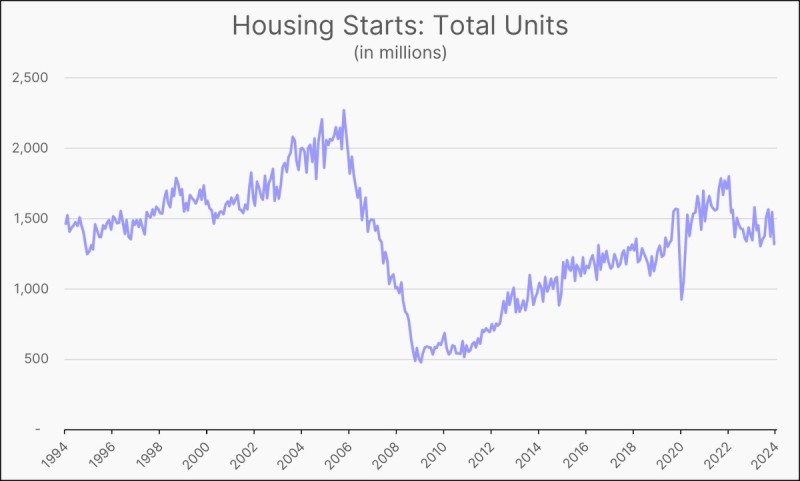Advertisement
Obama's HUD Gets Rave Reviews From Civil Rights Groups

A report by three national civil rights organizations credits the U.S. Department of Housing & Urban Development (HUD) with more vigorously enforcing state and local government compliance with fair housing obligations under the Obama Administration than in past administrations. But in their report, the Lawyers’ Committee for Civil Rights Under Law, National Fair Housing Alliance and the Poverty and Race Research Action Council also stated that there was some “unfinished business” for HUD, despite its proactive efforts to increase compliance by grantees around the country.
The primary recommendation of the report is that HUD should move quickly to finalize a regulation codifying its grantees’ obligation to further fair housing. The proposed rule should also establish a complaint process that allows private parties to play a role in enforcement. The report concludes that the lack of a comprehensive complaint process has been a major hindrance to enforcement of the fair housing obligations of states and municipalities.
“This report indicates that HUD has, for the first time, taken significant actions to enforce the Fair Housing Act’s requirement that recipients of federal housing assistance affirmatively further fair housing,” said Joe Rich, director of the Fair Housing and Fair Lending Project at the Lawyers’ Committee for Civil Rights Under Law. “Such action is important in achieving the goal of the Act to provide fair housing throughout the country. But, it is also important that HUD release its long awaited regulation addressing this requirement.”
In the report, the organizations noted that in enforcing the obligation to affirmatively further fair housing, HUD has:
►Participated in and sought increased enforcement in federal court cases;
►Processed and investigated private fair housing complaints;
►Increased its review and rejection of state and local “Analyses of Impediments” to Fair Housing (a federal housing requirement);
►Undertaken compliance reviews that have resulted in voluntary compliance agreements addressing fair housing requirements; and
►Adopted a “disparate impact” rule that codifies existing court interpretation of the Fair Housing Act.
In one case cited in the report, HUD’s participation helped restore over $100 million in disaster assistance funds that had been diverted by the state of Mississippi, but were actually intended to assist low income families after Hurricane Katrina. In another case, HUD pressure helped to persuade a suburb of New Orleans to repeal a discriminatory zoning ordinance that had excluded African American families from the area.
“Our families, our communities, our economy and our country are all enriched and strengthened when we have open access to healthy, diverse neighborhoods,” said Shanna L. Smith, president and CEO of the National Fair Housing Alliance. “HUD has a critical role to play in making sure that state and local governments are doing all they can to create diverse communities and make sure they are open to everyone. The rule to affirmatively further fair housing is needed to provide jurisdictions with clarity about their obligations and guidance about how to achieve this important goal.”
While the civil rights groups are pleased that HUD’s leadership is taking enforcement actions that were often avoided in the past, the groups say that HUD’s reforming of its own programs to promote racial integration in housing has been painfully slow. And while enforcement of the fair housing obligations has increased, the groups believe that further steps must be taken to address residential segregation in all HUD programs.
About the author





